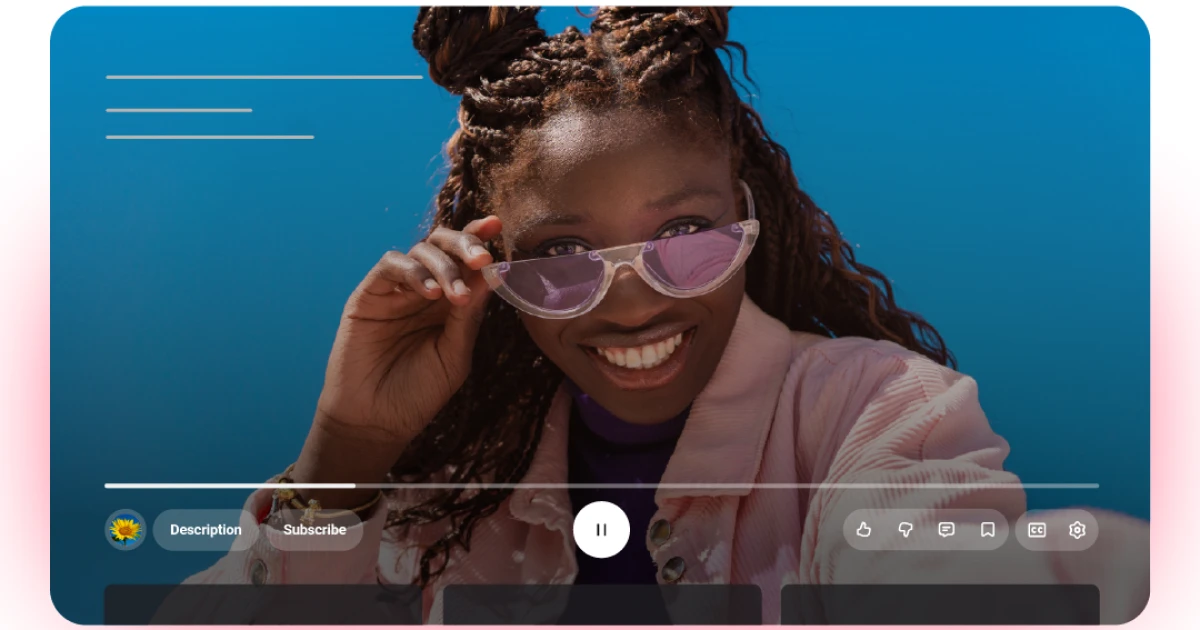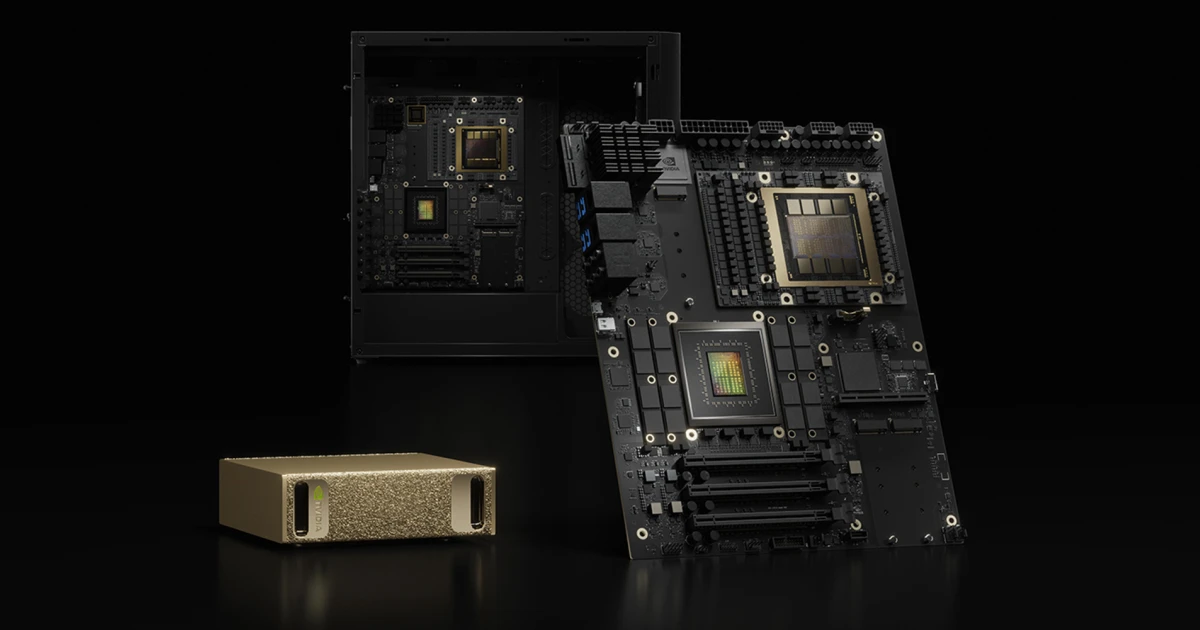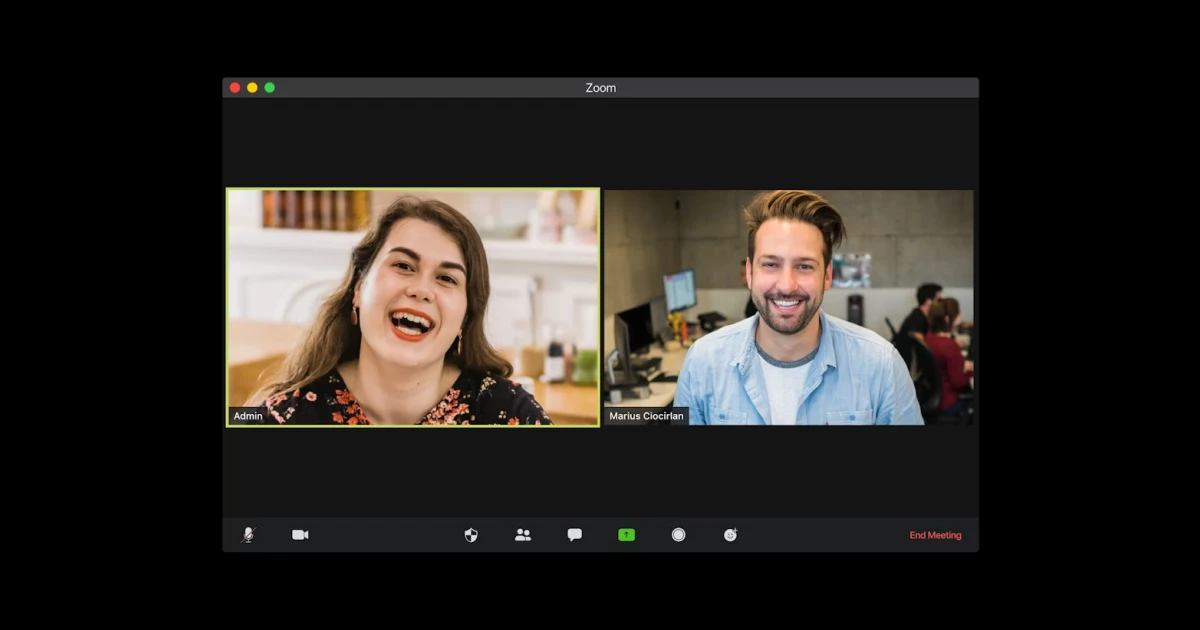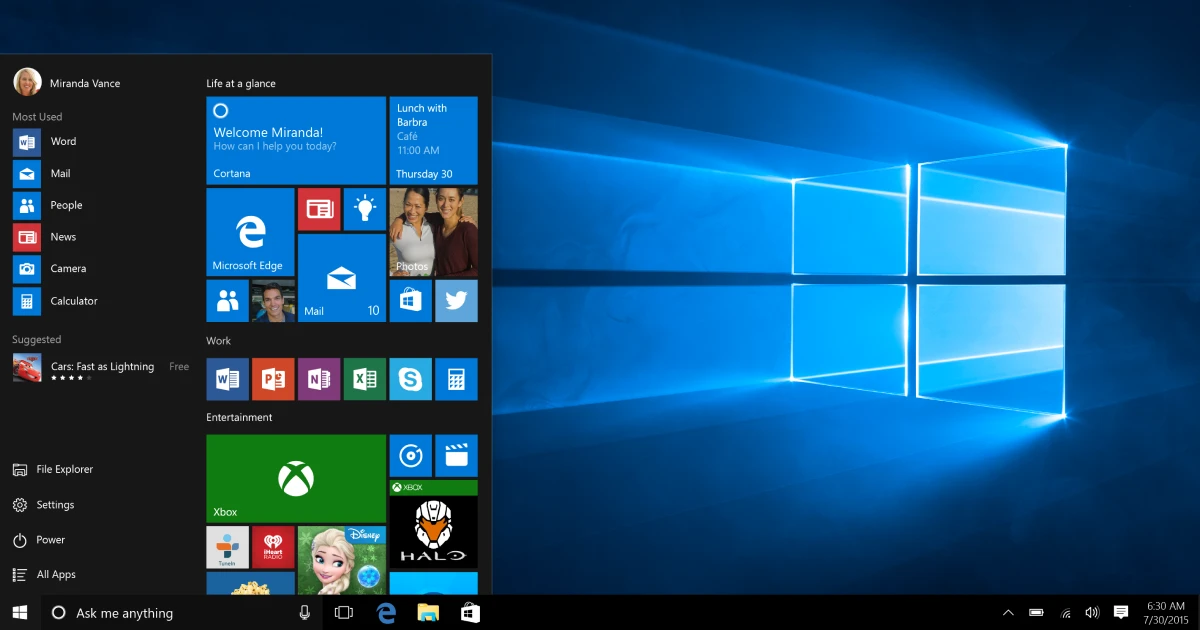data without acceptance after they selected not to synchronize their web browsers with their Google accounts.
The 9th US Court of Appeals in San Francisco claimed that the circuit court judge who rejected the intended class action should have evaluated if it was that reasonable Google Chrome users had agreed to permit Google to pick up their information while they surf online.
This Tuesday's 3-0 verdict came after last year's Google accord to ruin billions of registers to end a court battle alleging that the Alphabet team stalked people who believed they were navigating the Internet safely. This would also refer to Google Chrome’s “Incognito” mode as well.
On the other hand, Google declared: “We disagree with this ruling and are confident the facts of the care are on our side. Google Chrome Sync helps people use Chrome seamlessly across their different devices and has clear privacy controls.”
Contrarily, a lawyer of the prosecutors in Google privacy class action, declared he was happy with Tuesday’s resolution and expected a trial.
The intended class covers Google Chrome users since 27th July 2016, who didn’t synchronize their browsers and Google accounts.
They claimed that Google should have respected its Google Chrome privacy notice, which declared that users: “don’t need to provide any personal information to use Chrome” and Google would not obtain any data unless they activated the “sync” option.
In Google class action the trial court judge concluded that Google’s overall privacy policy enabling insights collecting applied to the situation, because Mountain View, California-based group would have gathered the complainants’ data regardless of what browsers they utilized.
In Tuesday's US court Google privacy class action, Circuit Magistrate Milan Smith named that focus inappropriate. The judge noted: “Here, Google had a general privacy disclosure yet promoted Chrome by suggesting that certain information would not be sent to Google unless a user turned on sync. A reasonable user would not necessarily understand that they were consenting to the data collection at issue.”
The appeals court reverted the Google class action to U.S. District Judge Yvonne Gonzalez Rogers in Oakland, California, who had discharged it in December 2022.
Google’s resolution linked to Incognito allowed users to prosecute the company independently for compensation. Since then, tens of thousands of users from California only have intended lawsuits in that state’s courts.




.webp)











